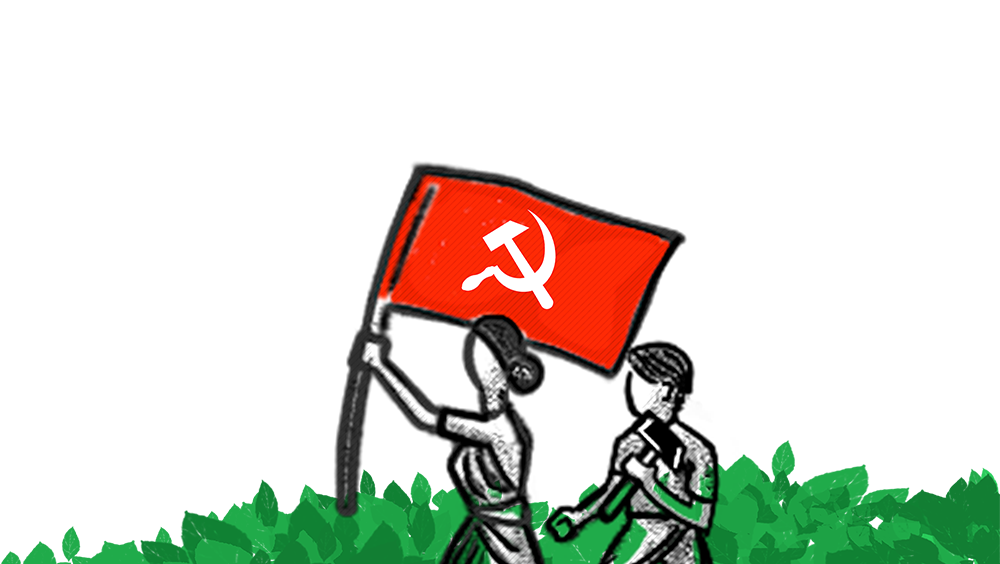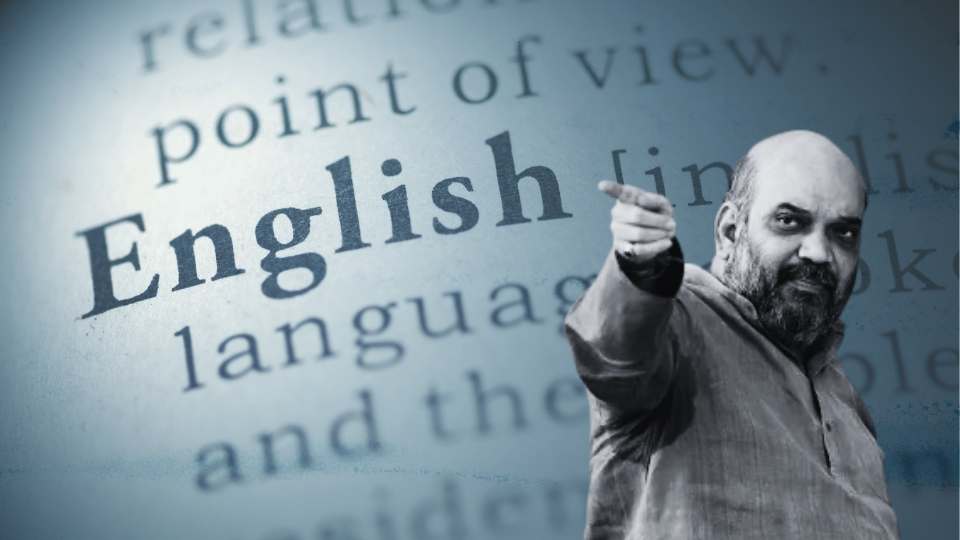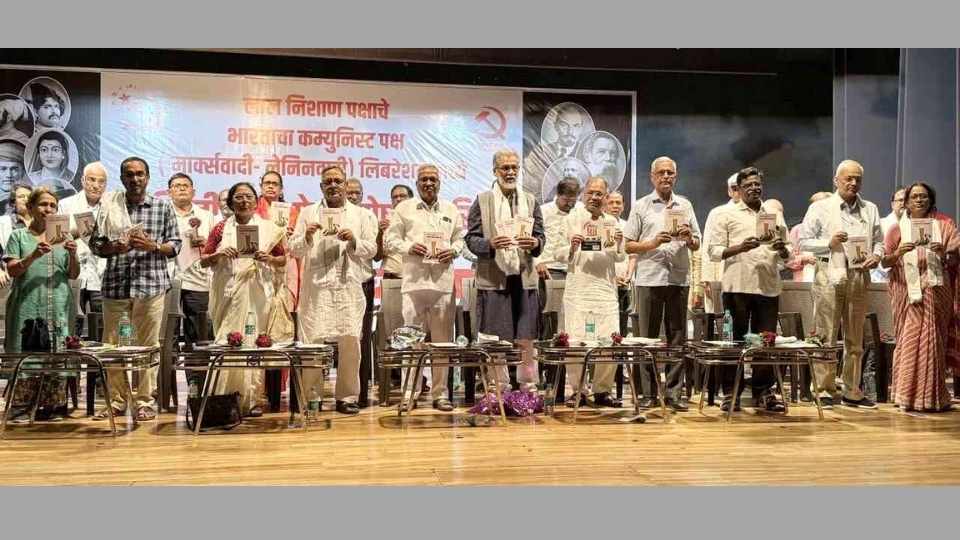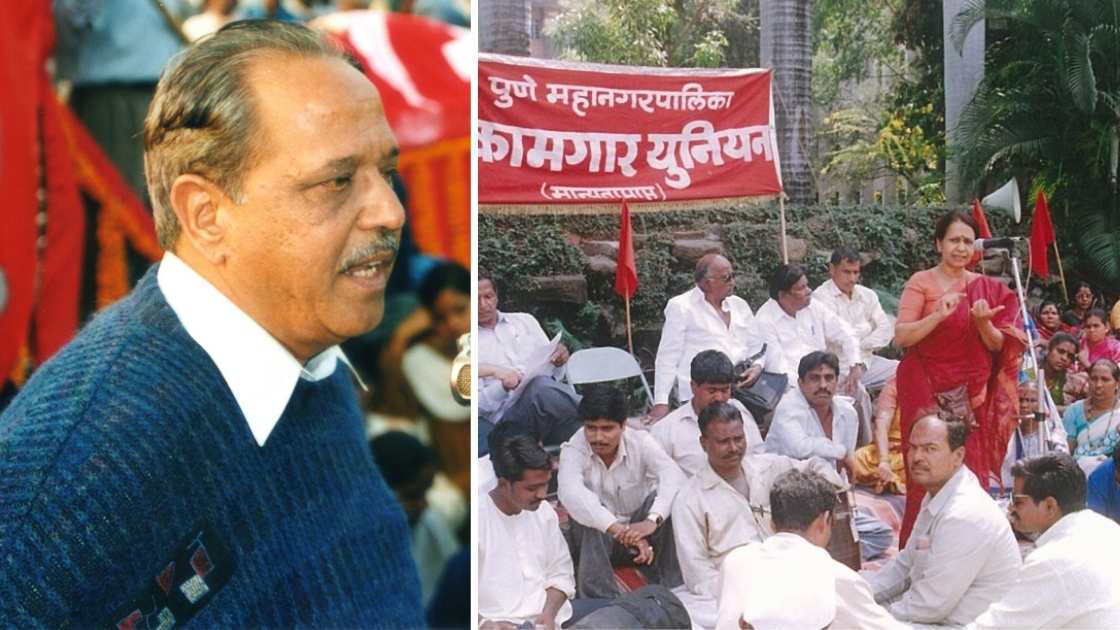The meeting was attended by party comrades and members of the mass organizations, as well as by friends and sympathizers in Bangalore. Comrade Dipankar addressed the meeting for around 45 minutes, and that was followed by an interactive session.
In his address Comrade Dipankar focussed on the need to build a united front against fascism in India. He called Hindutva the Indian version of fascism. He pointed out that Hindutva politics in India displays the three key features of fascism.
First, one can notice a hollowing out of the constitution and of democratic institutions: through direct state repression and also by giving the constitution a Hindu nationalist interpretation. Comrade pointed out that recently the Prime Minister underplayed the significance of fundamental rights and emphasized on the fundamental duties.
Second, there is an intensified corporate aggression including the large-scale privatization of public assets such as banks and railways.
Third, the creation of an internal ‘enemy’, heightened attack on them through hyper-nationalism and privatized violence (through the troll army, vigilante groups, and so on), are clear signs if fascism.
Comrade Dipankar suggested that these three aspects have not just escalated in degree since 2014 but these together constitute a sea-change in Indian society and politics. There is an attempt to redefine Indian nationalism along Hindu supremacist lines by promoting Hindutva ideologues like ‘Veer’ Savarkar as champions of the freedom struggle. Earlier, nationalism in economics implied public ownership of key assets, whereas now it means privatization. Comrade called this a qualitative change and reversal.
Dalit, women and Adivasis are major targets of Hindutva but barring scattered instances, one does not yet find a resistance from these groups on a large scale. Hindutva forces have been aided by the political decline of key opposition forces – from the Congress to the social justice parties as well as the Communist parties.
Towards the end Comrade emphasized again that it is important to build a united front against fascism. There is a lot of encouragement to be had from the farmers’ movement and the anti-CAA movement. There are small and big resistances in many places and our task is to coordinate and broaden the scope of these movements. Climate change is opening up a new horizon of resistance, as are the tendencies in the restructured working class towards organizing itself. Student movements also provide us a lot of hope. Bhagat Singh and Babasaheb Ambedkar’s ideas should be our key reference points in these efforts. And even as we focus on building movements, we should also build electoral alliances that can keep Hindutva out of power.
The session ended with a few questions regarding the role of the Left in the current situation. Comrade Dipankar clarified that in a united front the Left should not lose its identity. The idea is to find common ground while holding on to our own and expanding it in the process.





